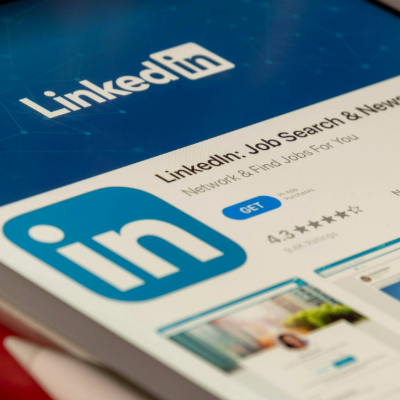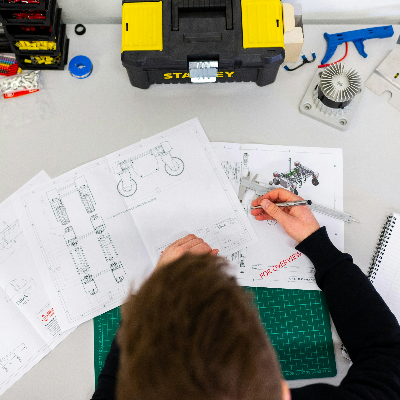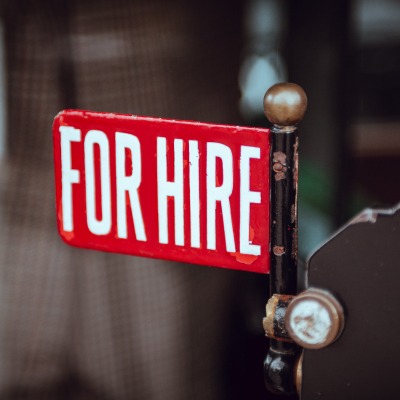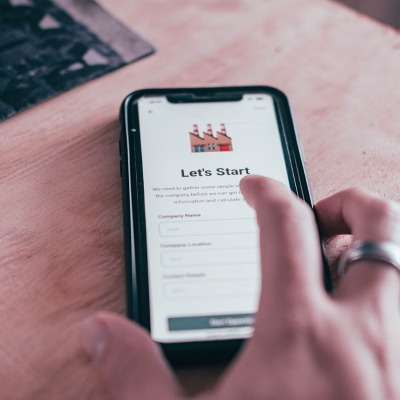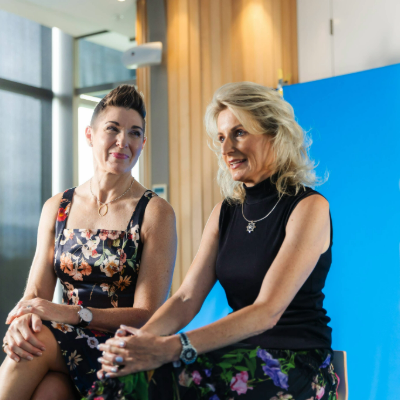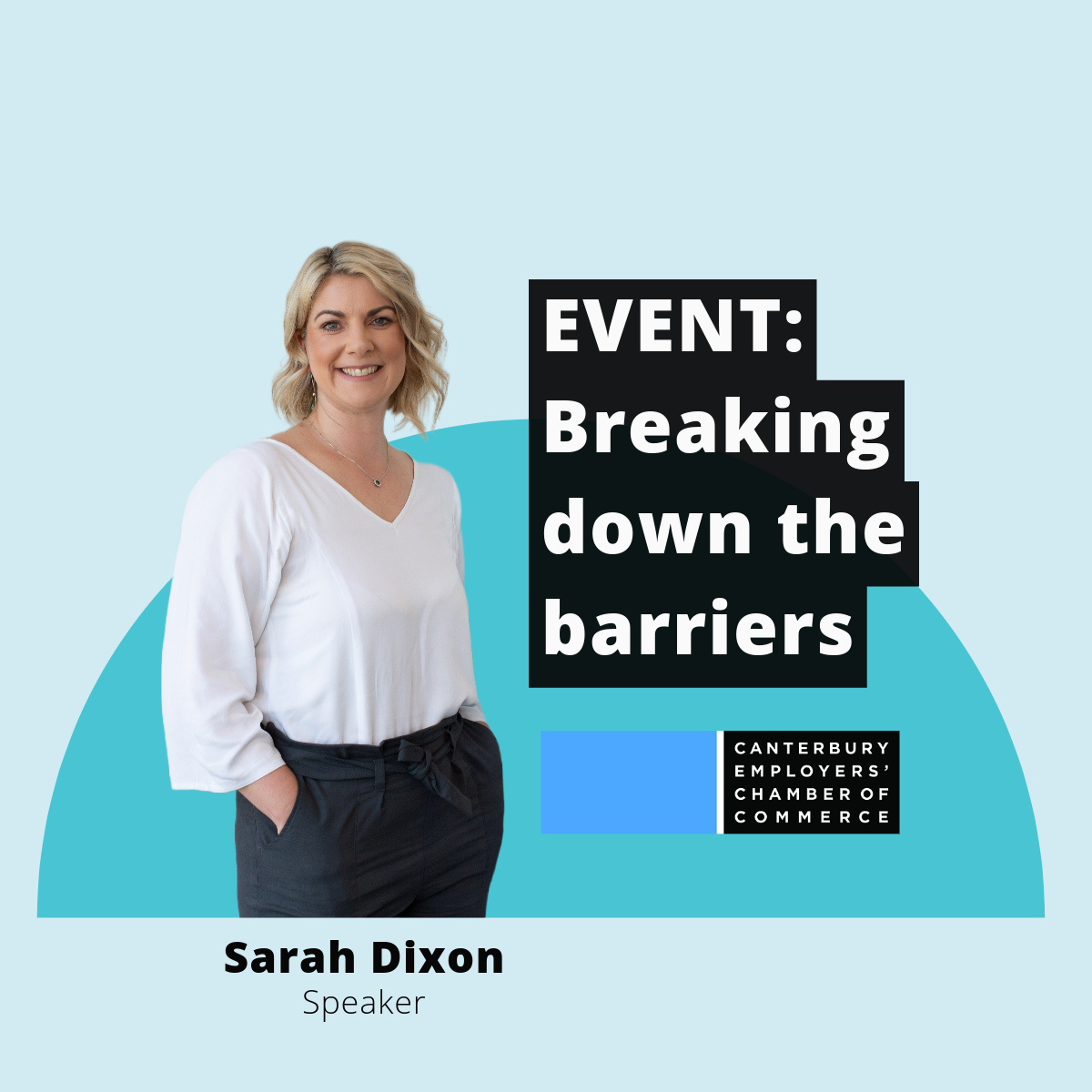Common ‘tricky’ interview questions and how to answer them
The job interview is a key part of a recruitment process, for both the hiring manager and the prospective employee. The employer wants to make sure they are hiring the right person and the candidate wants to make the right career decision.
For job seekers, the best way to approach an interview is with preparation. There will likely be some questions that may throw you off or perhaps make you feel a little uncomfortable answering. Here’s our take on common ‘tricky’ interview questions and how to answer them.
Q: Tell me about yourself?
This is your story, albeit one told in around 60 seconds. Like any good story, it needs an engaging beginning, a solid middle and ending that leaves the interviewer with an understanding of what you bring to the table and how that matches what the company is looking for. Make sure you are the hero in your story! This is a good icebreaker question at the start of the interview. It’s easy to talk about yourself and helps start the conversation.
- Prepare your response based on the role description
- Start with your current role
- Elaborate on your background (not too far back) or area of expertise
- Highlight relevant experience and successes
- Provide an insight into your ‘outside of office’ self
- End with how you fit this role
Q: Why did you apply for this role?
Regardless of whether you are actively looking for a new role, keeping an occasional eye on the job market or happily employed and not thinking about making a career change, employers want to know what led you to apply for a role. They are also looking for reassurance that you are committed to making a change.
- Provide a clear (and honest) explanation
- Highlight what excites you about the role/company
- Demonstrate some understanding of the company
- If your answer includes a reference to your current/past employer, avoid making any negative comments
Q: What are your weaknesses?
Avoid anything disingenuous or cliche – “I work too hard”. How you answer this question says a lot about you behaviourally, it’s also a great opportunity to show your own self-awareness, being authentic is key!
- Choose something you have already made steps to improve on
- Avoid anything critical to the role you are interviewing for
- Frame your answer in the positive
Q: Are you applying for other roles?
Answering this question can be a bit challenging, remembering that the employer wants to make sure you are serious about making a career change but without appearing to be desperate or having proven unsuccessful in your job search to date.
- Keep it short and vague
- Don’t elaborate or mention company names
- If you have received an offer from another employer, be honest with the interviewer
- Show some enthusiasm for this opportunity
Q: What are your salary expectations?
Pre-interview, you should have some idea of the salary for the role you have applied for – if it hasn’t been shared already, there are lots of ways you can research this. If asked, remember this isn’t a salary negotiation, that comes further down in the process. It’s simply an opportunity to make sure both parties are aligned in their expectations for the role. Be prepared for this question (it will be asked) and don’t feel uncomfortable about answering.
- Wait for the interviewer to ask the question
- Offer a salary range rather than an exact figure
- Base the range on your background and understanding of the current market, against the responsibilities of the role
- Keep your response concise, it’s a one sentence answer
- You do not have to share your current/previous salary
- If you are not comfortable discussing, ask the interviewer for the salary range for the role
Q: Do you have any questions?
Chances are you’ve had the opportunity to ask questions throughout the interview process or maybe the interviewer has simply touched on the topics you had on your list. So, when this question comes up, you’re left stuck with nothing to say?!
- Don’t ‘save up’ your questions, create a good flow and conversation throughout the interview and ask your questions as they arise
- Have a prepared ‘list’ of thoughtful questions in your head that you can refer to
- Don’t ask a question for the sake of it, simply let the interviewer know that you’ve enjoyed the conversation and learnt all you need to know for now
What to do when you don’t know how to answer a question
Maybe it’s a bit of brain fog or you simply are not familiar with the topic. The key is not to panic.
- Ask the interviewer to elaborate, this gives you some breathing space as well as also potentially explaining what they are really asking
- Still not sure, try to link your answer to what you think might be complementary skills and experience, relative to the question
- Reframe the question and ask the interviewer for their opinion
- Don’t assume that the interviewer (or panel) has actually read your CV from start to finish, so you can always refer back to your career journey which gives some insight that may touch on the question being asked
Still feeling some anxiety or stress in anticipation of an interview? Remember that you’ve made it this far in the process, so chances are you tick a number of boxes in terms of the skills, capabilities and experience that the employee is looking for. Now it’s time to let your personality traits and soft skills shine. You’ve got this!





